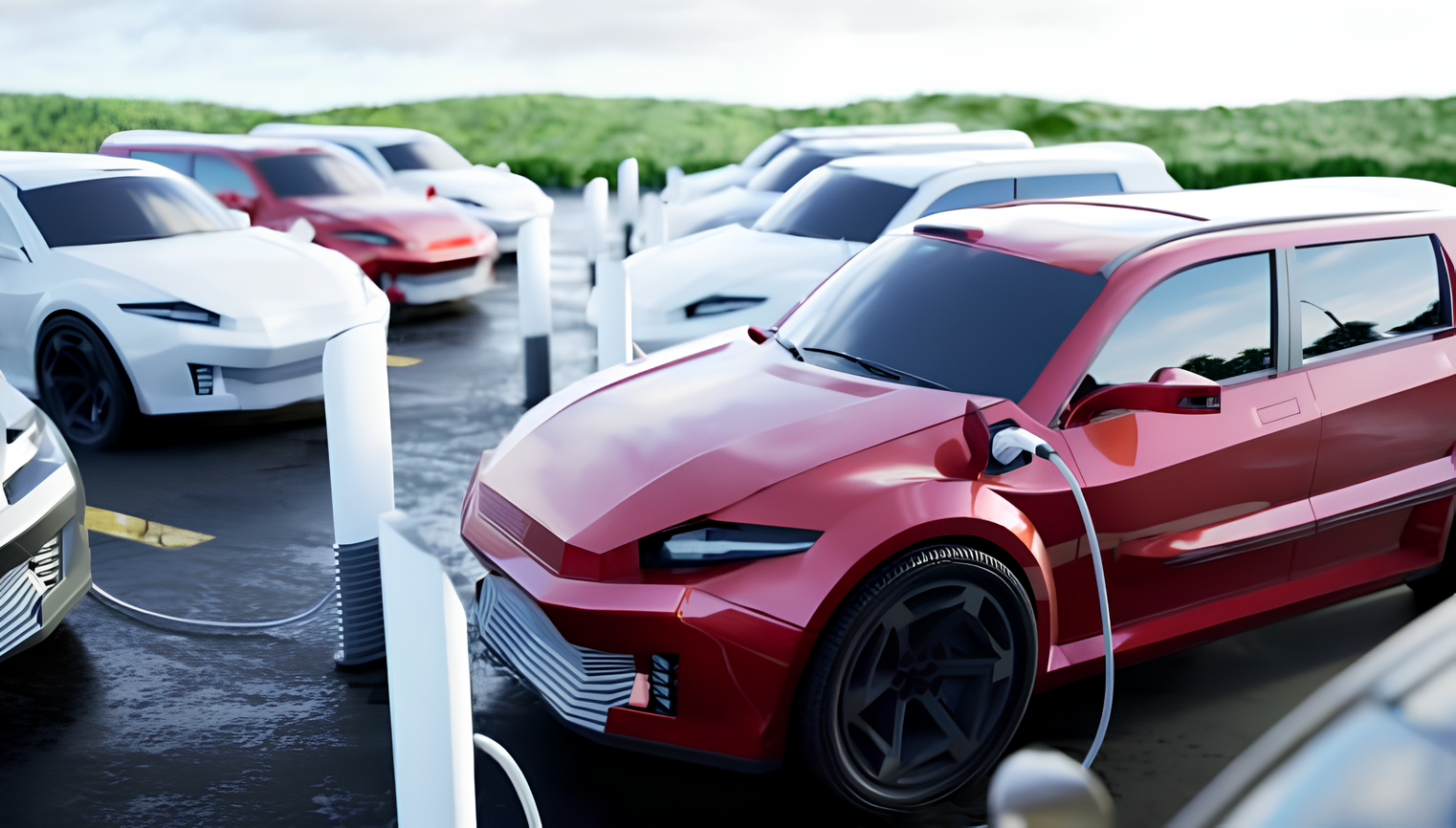 In 2023, India recorded approximately 10 lakh electric two-wheeler sales and around 1 lakh electric passenger vehicle sales.
In 2023, India recorded approximately 10 lakh electric two-wheeler sales and around 1 lakh electric passenger vehicle sales. New Delhi: The 9th edition of the ETAuto EV Conclave commenced on December 11 in New Delhi. It is a two-day event, December 11-12. On the second day of the event, Shraddha Suri Marwah, President of ACMA and Managing Director of Subros, highlighted the challenges facing India’s automotive industry in its journey towards electrification.
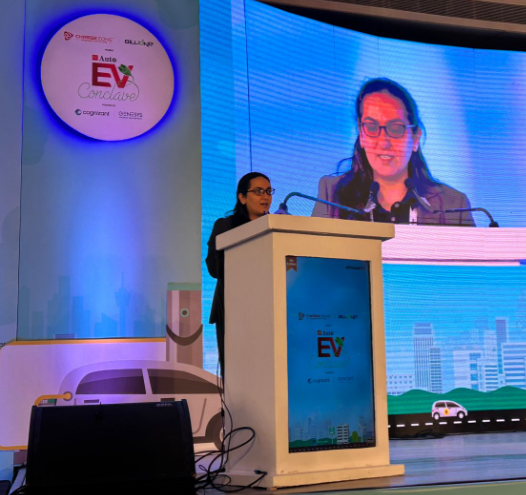 Shraddha Suri Marwah, President of ACMA and Managing Director of Subros
Shraddha Suri Marwah, President of ACMA and Managing Director of SubrosDr. Preeti Banzal, Advisor and Scientist G in the Office of the Principal Scientific Advisor to the Government of India, emphasized the need to build a conductive ecosystem for EV technology and R&D in India. Government initiatives, such as the PLI Scheme, have driven demand, promoted localisation, and improved the supply chain, she said.
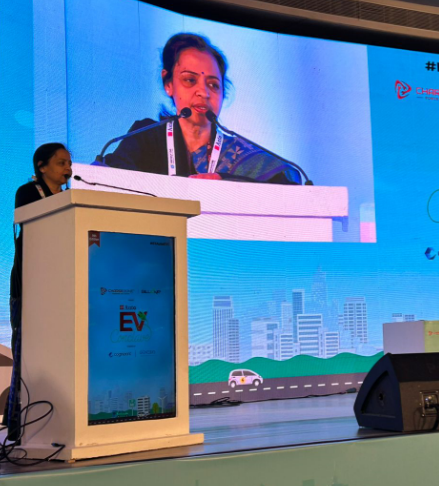 Dr. Preeti Banzal, Advisor and Scientist G in the Office of the Principal Scientific Advisor to the Government of India
Dr. Preeti Banzal, Advisor and Scientist G in the Office of the Principal Scientific Advisor to the Government of IndiaMahesh Babu, Global CEO of Switch Mobility, discussed the future of electric mobility in commercial vehicles and the current EV landscape in India. “In the global EV mobility market, by 2040, there is a USD 100 billion opportunity for India, making it one of the top four markets,” he noted. He identified China, the USA, and Europe as the leading EV markets but believes India has the potential to emerge as a global leader.
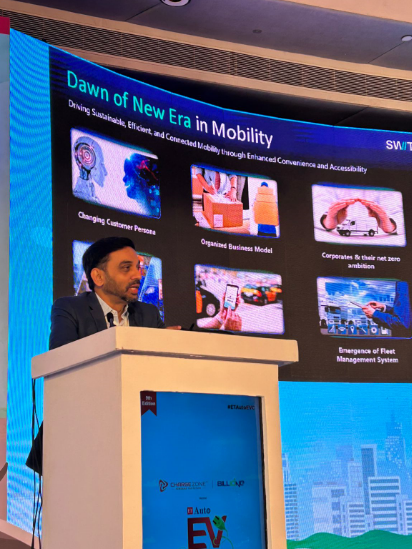 Mahesh Babu, Global CEO of Switch Mobility
Mahesh Babu, Global CEO of Switch MobilityEV sales performance in India
The Indian automotive industry is undergoing a significant transformation, with battery electric vehicles (BEVs) gaining traction and hybrids gaining market acceptance, according to Marwah.
In 2023, India recorded approximately 10 lakh electric two-wheeler sales and around 1 lakh electric passenger vehicle sales. The electric three-wheeler segment also saw impressive adoption, with over 6.3 lakh units sold. While these numbers are expected to grow exponentially, the industry still faces major challenges, including a resilient supply chain, robust charging infrastructure, skill development, and technological advancements, she explained.
Challenges for EV adoption
Geopolitical roadblocks: Marwah pointed out that geopolitical tensions have disrupted exports, increasing freight costs and delivery times. China continues to dominate the global EV industry, with the US and EU under “stress” in maintaining their positions.
supply chain: India remains reliant on imports for rare earth elements and critical minerals. “We need to reduce this dependency,” said Banzal. A resilient supply chain is vital for improving EV adoption, which will require collaborative efforts and continuous innovation from both the government and manufacturers.
skill development: “As we navigate this transformative journey, it is crucial to recognize the changing skill sets required by the workforce,” said Marwah. Initiatives like comprehensive training programs from the Automotive Skill Development Council (ASDC) are essential for equipping the workforce to manage the complexities of EV manufacturing and maintenance.
Collaborative efforts
The central and state governments are working together to introduce multiple schemes, such as the PLI Scheme, to enhance EV adoption in the country. Experts highlighted that collaborations among global technology leaders and nations could ensure easier access to critical raw materials, driving localization, technological advancements, and economic growth.
Electrification in commercial vehicles
Both the two-wheeler and commercial vehicle segments have seen robust electrification progress. Mahesh Babu outlined key factors shaping the commercial vehicle (CV) mobility landscape, including total cost of ownership (TCO), reliability, performance, connectivity, and safety with comfort.
The CV industry is now transitioning from revolutionizing mobility with sustainability and technological advancements to creating a robust supply chain. This includes vehicle monitoring, periodic maintenance, reducing TCO, improving freight operations, and enhancing reliability, safety, and accessibility, Babu added.
The event underlined the collaborative efforts needed from the government, industry leaders, and global players to overcome challenges and position India as a global leader in the EV market.
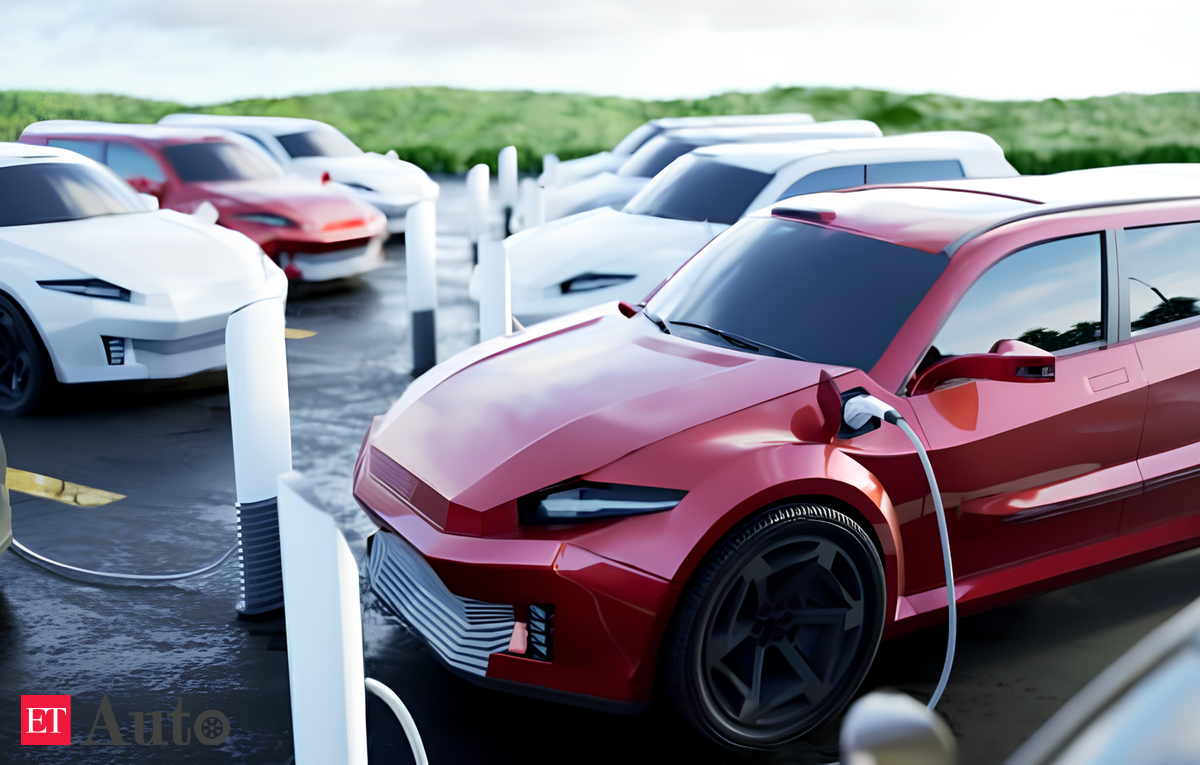



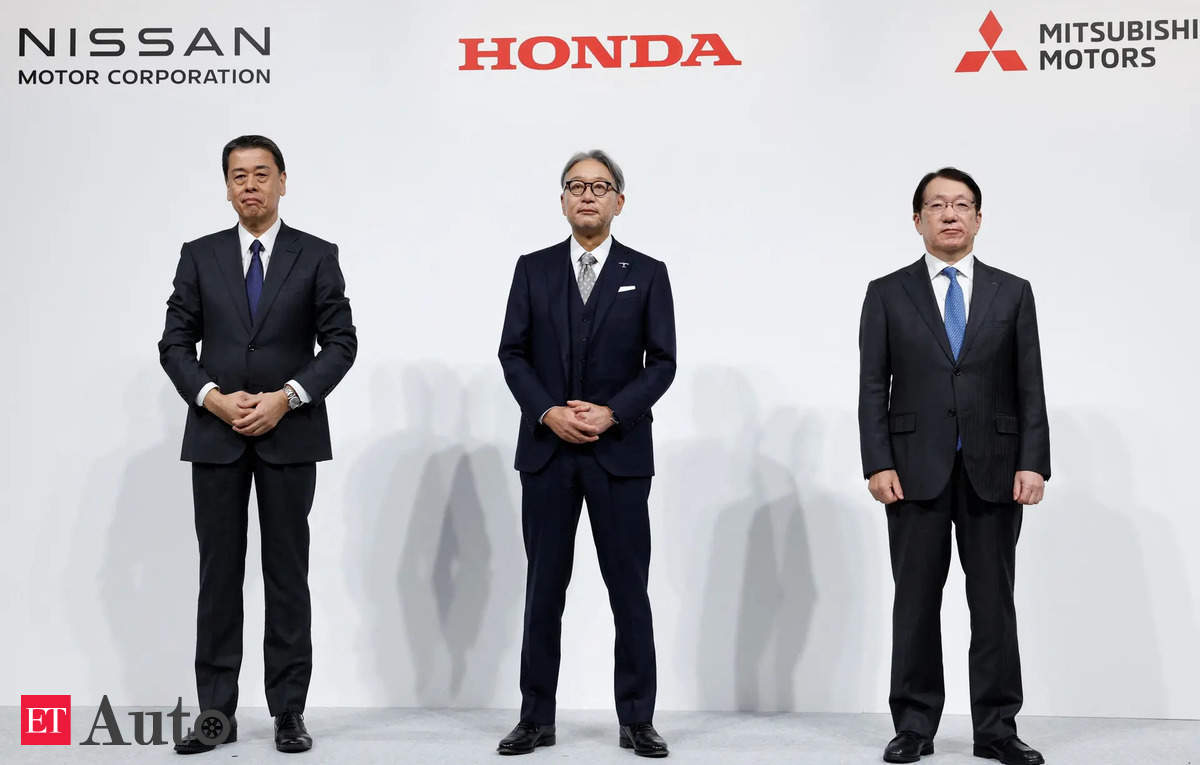
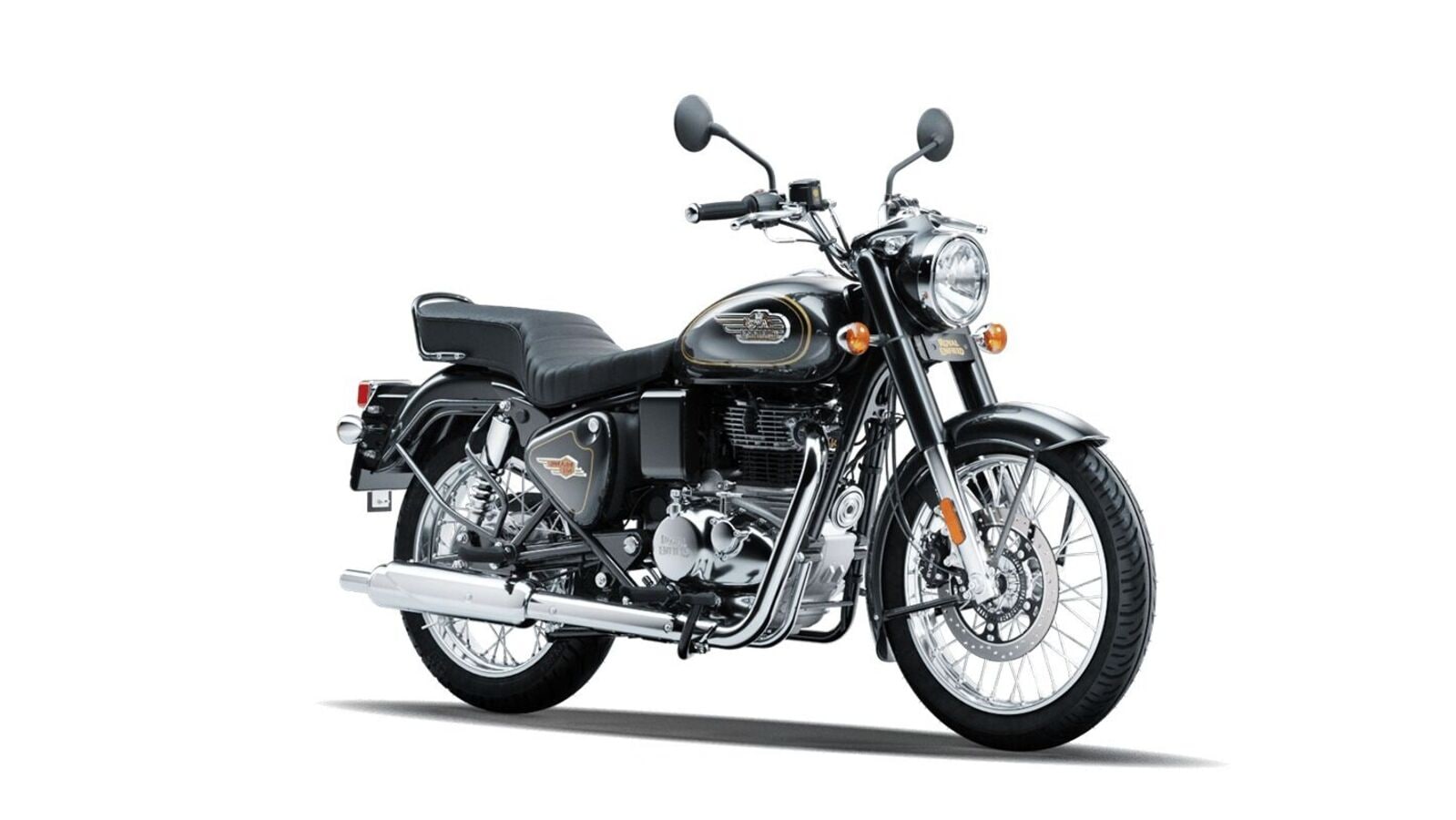

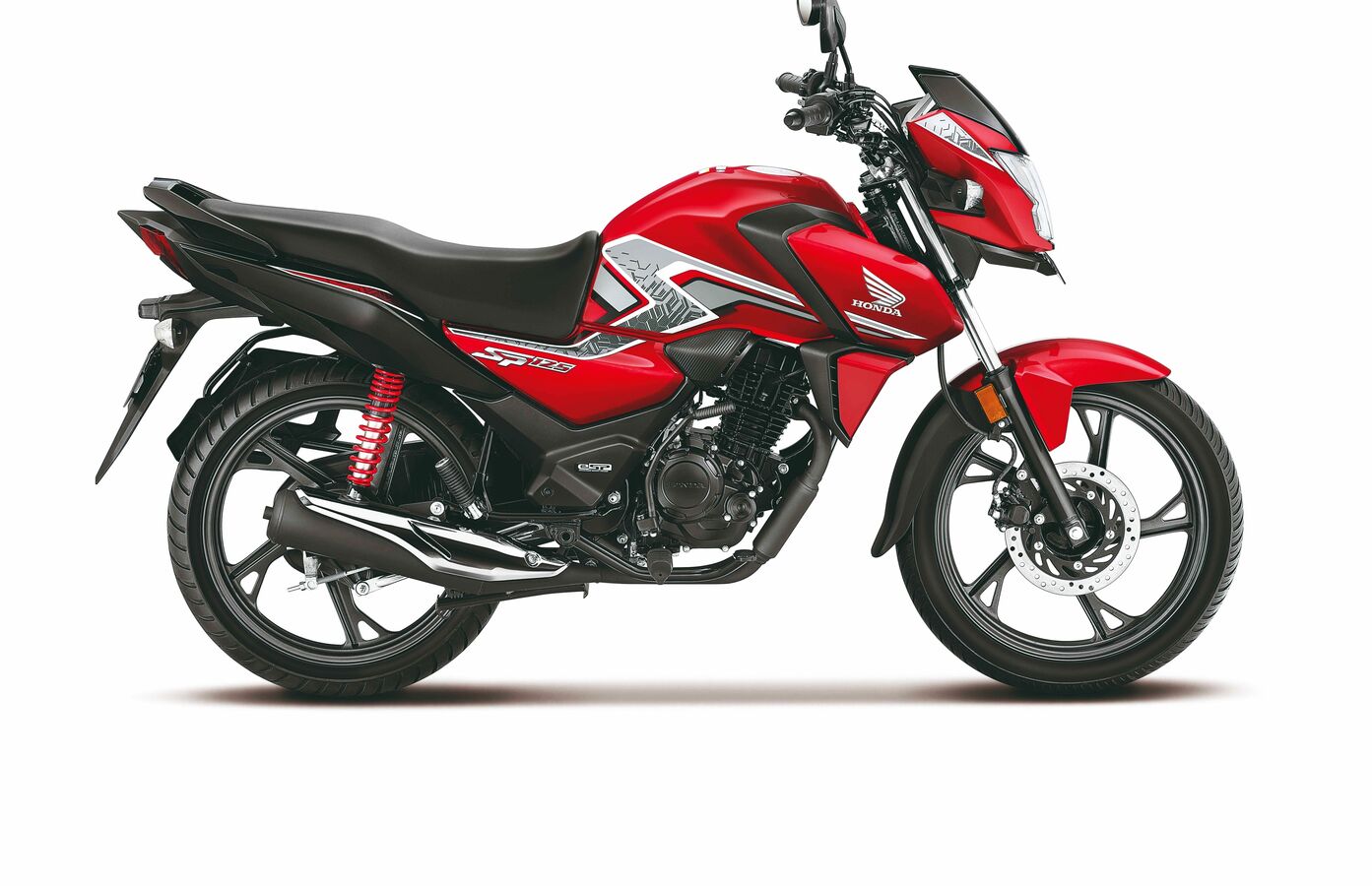
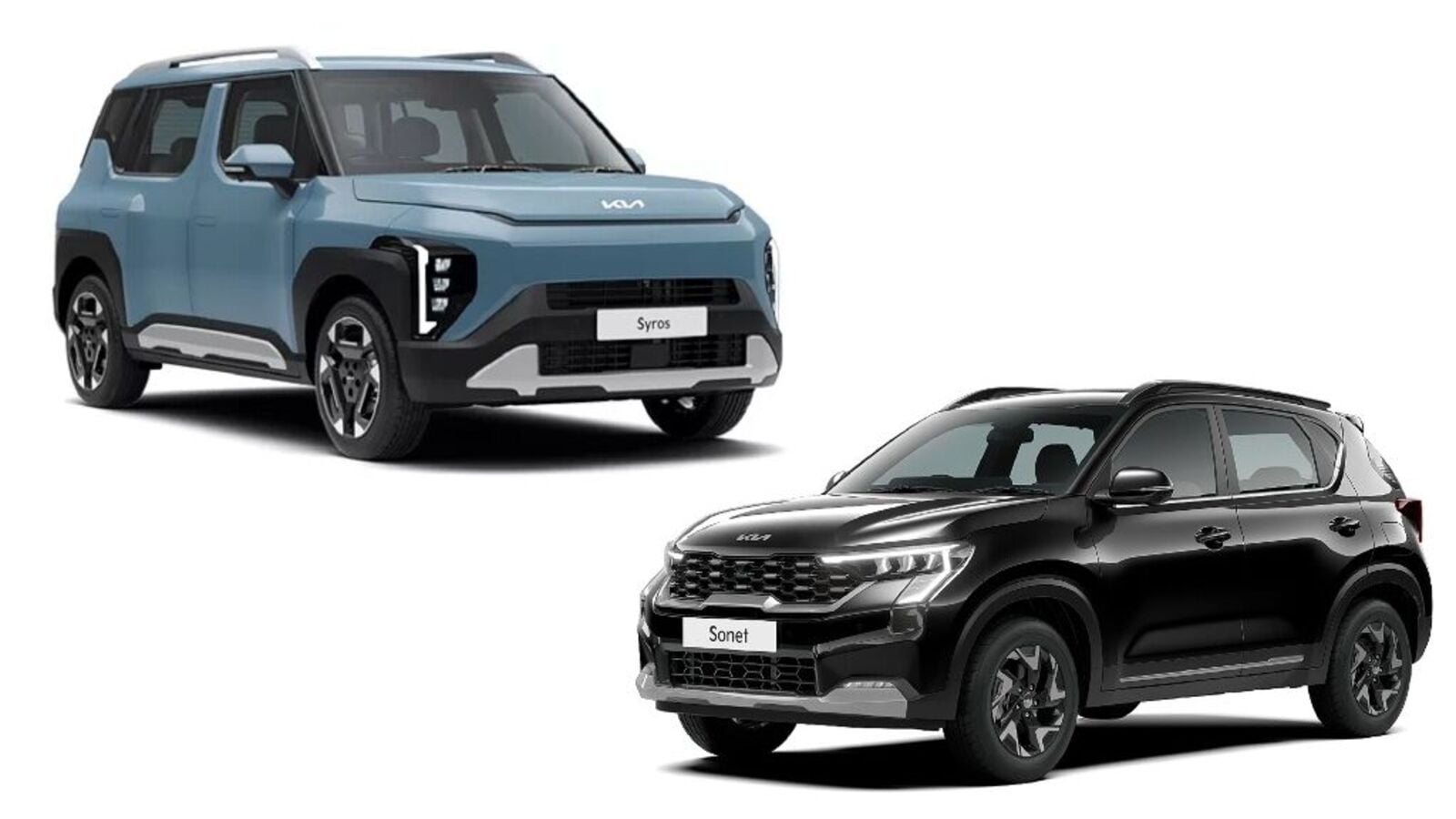
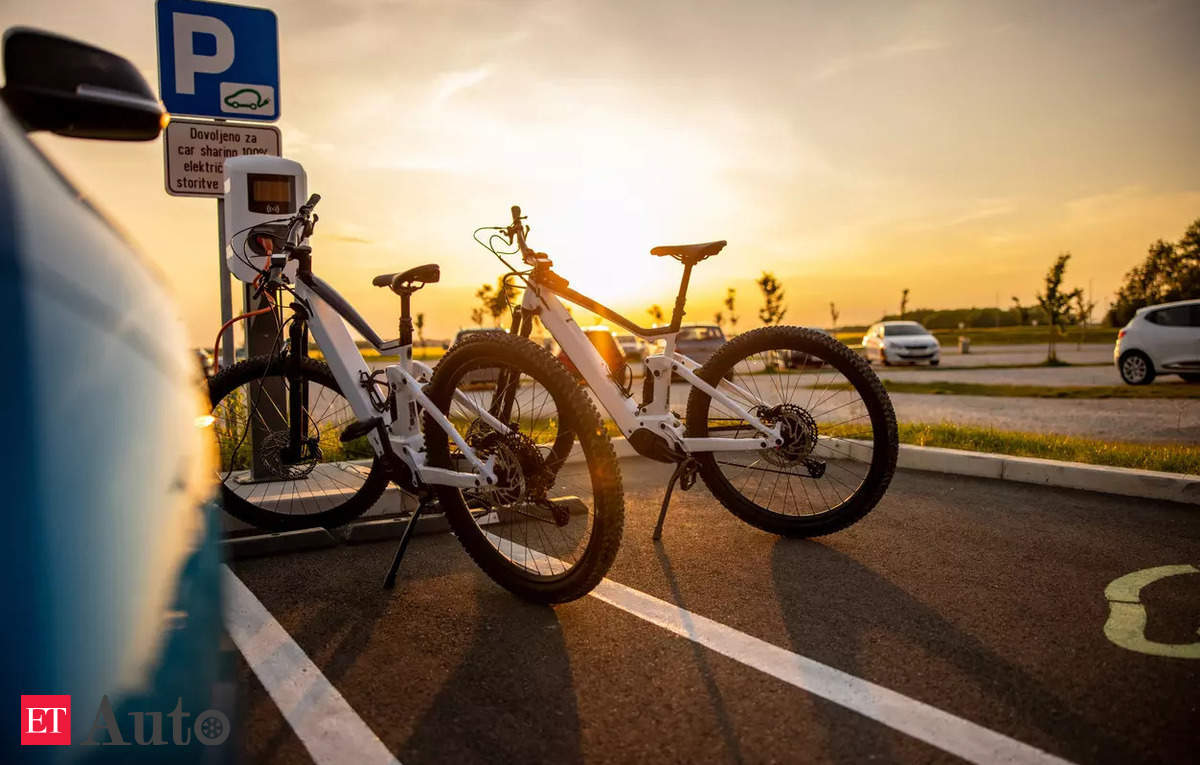


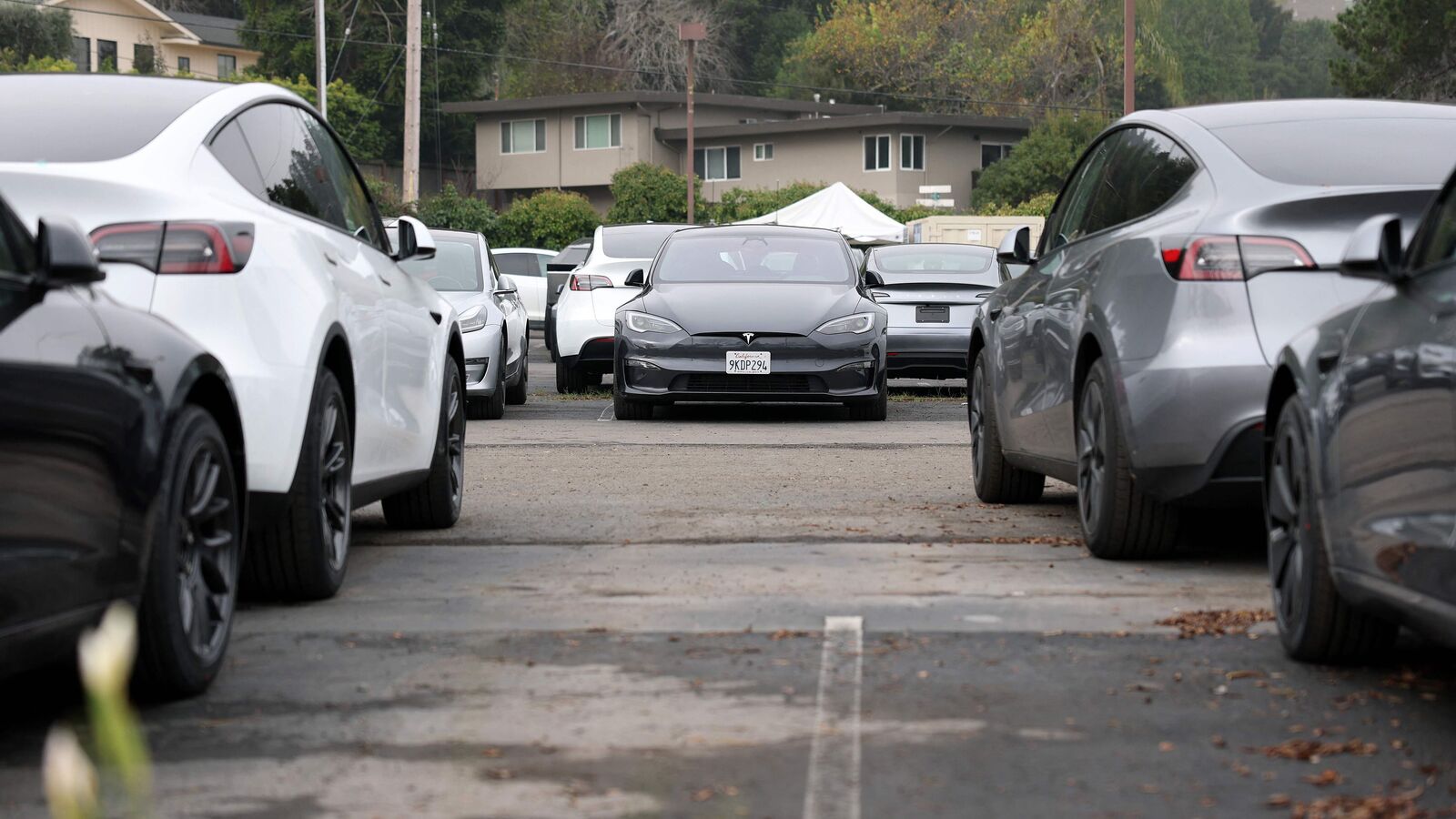
Leave a Reply